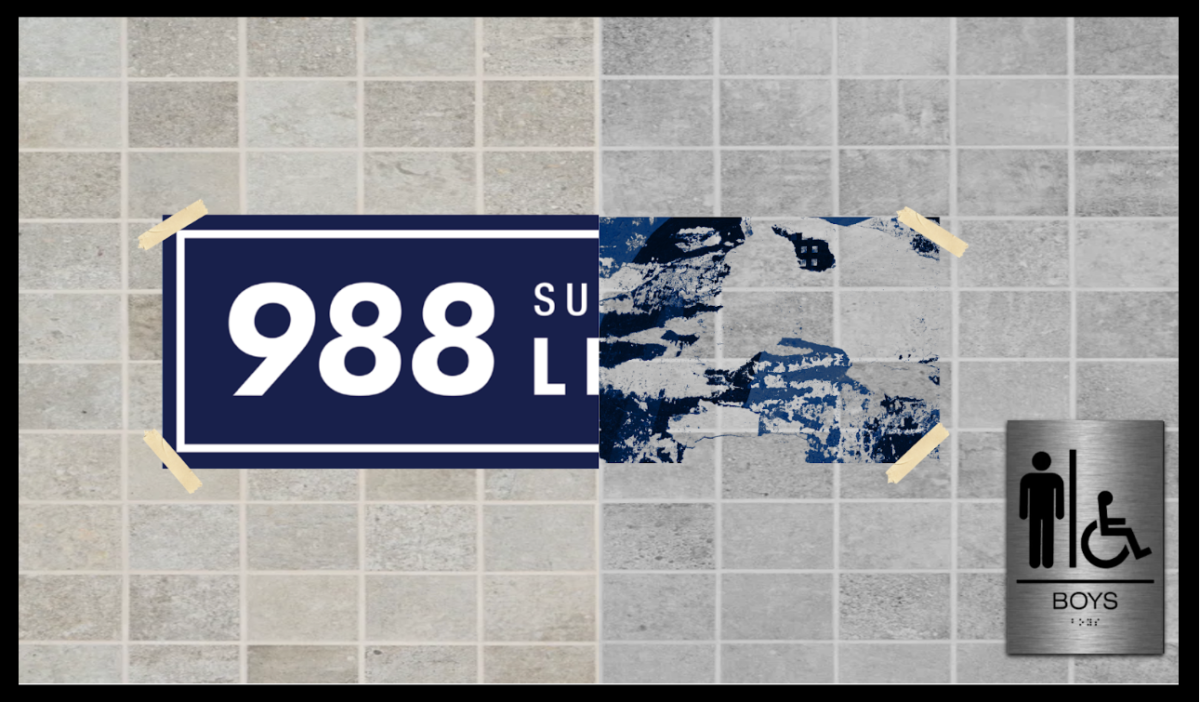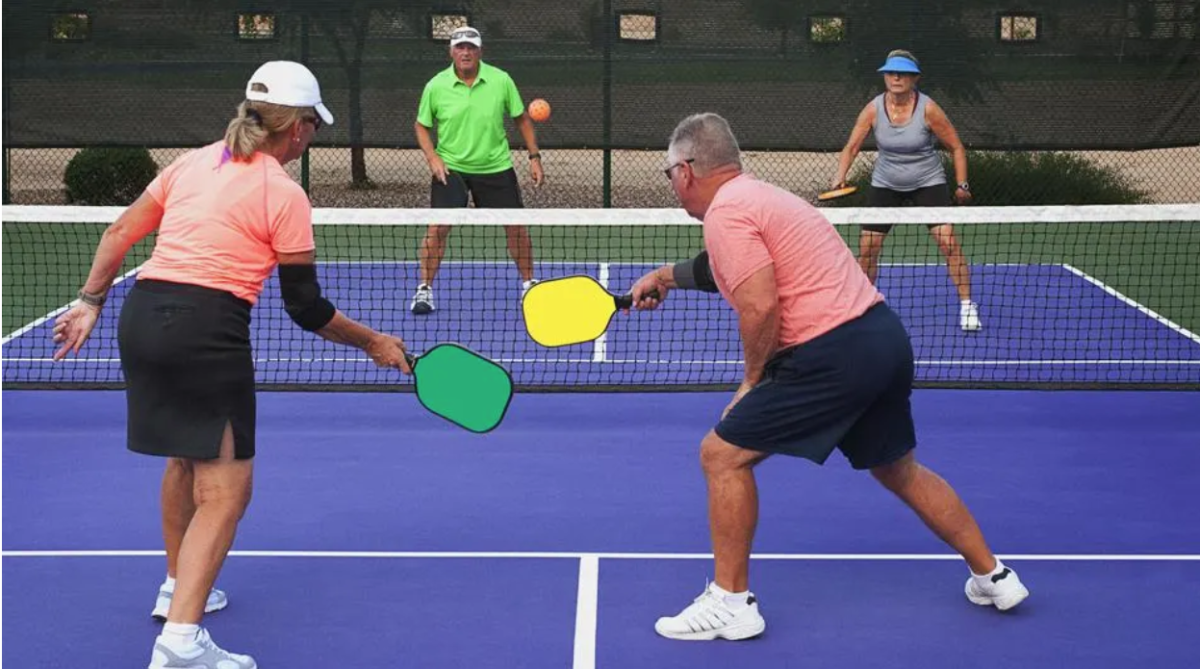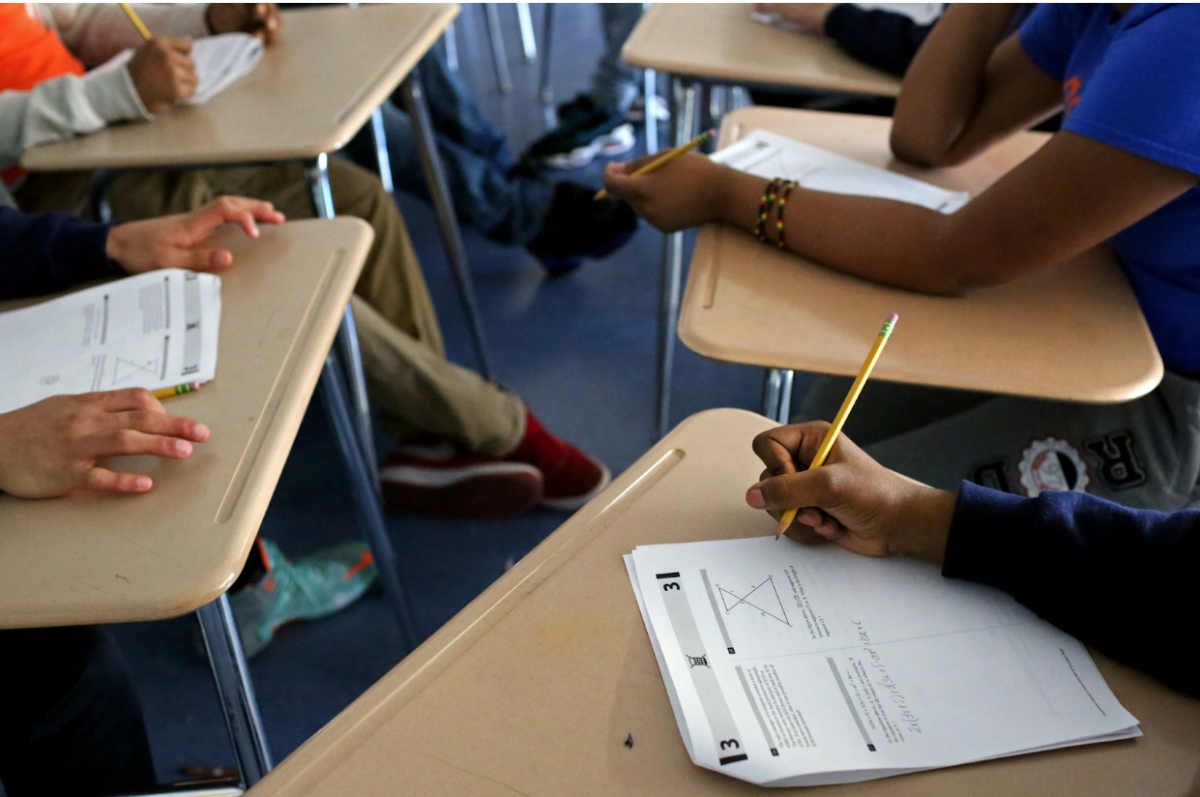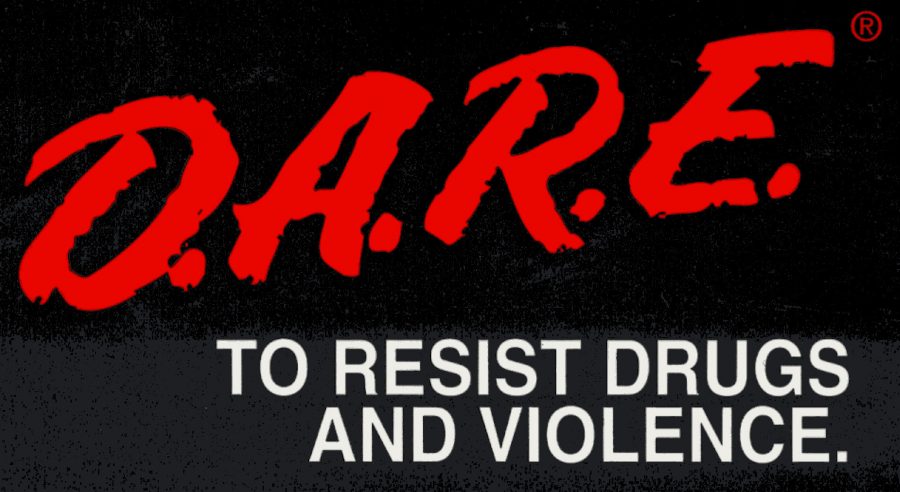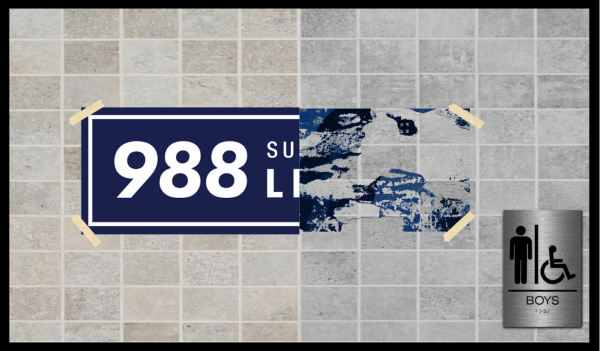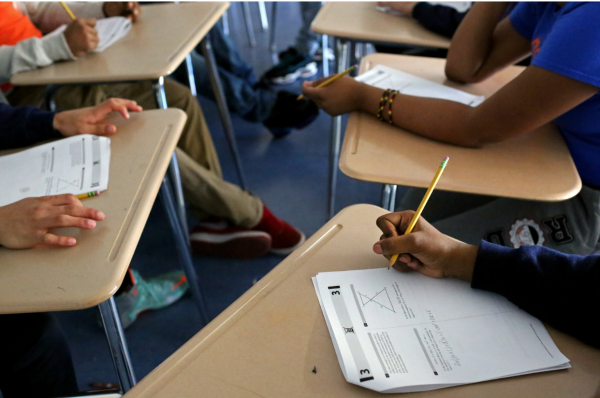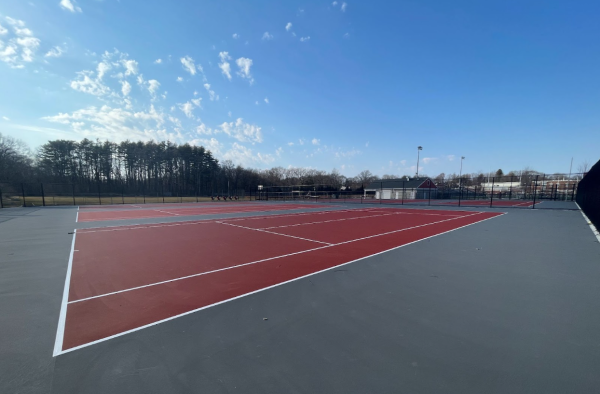Rethinking America’s War on Drugs
The DARE logo
April 24, 2016
America has a drug problem. No one disagrees with this fact, yet the discussion over how we should treat this problem is among the most divisive of our time. For decades Americans seemed to agree that we should combat this problem through a focus on anti¬drug campaigns like D.A.R.E., a tough War on Crime, and the continuation of our War on Drugs abroad. However, today the tide is slowly turning in favor of the gradual decriminalization of drugs.
This turn has come as it becomes increasingly obvious that America’s fifty¬-year-¬long War on Drugs has failed. Drug cartels control vast swaths of territory in Latin America and a devastating Heroin Epidemic has struck suburbs throughout the northeast of the United States. This epidemic has worsened to such a degree that Obama recently announced a $1.1 billion initiative to slow the growth of the Opioid Crisis as more Americans died of drug overdoses than automobile accidents in 2015.
In addition to this, America now locks up more of its own people than any other country as harsh mandatory sentences have targeted drug users rather than focusing solely on drug traffickers. This hardline approach has forced many addicts into crime as they emerge from jail unable to find work due to marks on their permanent record.
Yet among the most controversial tactics which have been used to fight America’s War on Drugs is the use of anti¬drug campaigns like D.A.R.E. The controversy behind D.A.R.E. has risen due to its inefficiency and use of biased sources and misinformation to turn the public against drugs. Major attention was first drawn to the inefficiency of D.AR.E. in 2000, when the U.S. Surgeon General published a study in which it was stated that there was no evidence that the program prevented drug abuse, hinting that government funding should go to addiction treatment instead. D.A.R.E. has also drawn attention for greatly exaggerating the harms caused by marijuana, repeatedly claiming that it can cause overdose related deaths. In actuality, there is not a single documented case of an overdose death caused by the use of marijuana alone. D.A.R.E. has made progress in this area though, as it recently removed marijuana from its list of “gateway drugs” after the drug began to show medical promise and its legalization was shown to cushion the effects of the heroin epidemic in states like Colorado and Washington.
Yet in spite of efforts by groups such as D.A.R.E., the consensus in terms of addressing the War on Drugs seems to be heading towards efforts of decriminalizing less dangerous drugs such as marijuana. Legalizing marijuana seems to be an increasingly better option as more studies confirm initial theories about its positive effects on the economy, opioid overdose deaths, and crime rates. In states like Colorado which have legalized marijuana, taxes from marijuana sales have generated millions of dollars in revenue for the state government. Some of this money has been used in fighting more serious kinds of drug abuse such as opioids by funding treatment clinics. Colorado has also seen a drop in opioid overdose deaths in the past year despite a national rise, as marijuana has been able to replace dangerous prescription painkillers. It is this effect on Opioid Abuse which has led many to speculate that the Federal Government may choose to reschedule marijuana as a schedule two drug rather than its current status as schedule one.
Crime rates have also plummeted in states which have legalized the drug, in part due to the withdrawal of drug cartels from these states, which have left because almost half of their income comes from marijuana sales. Many supporters of legalization also point to the dependence of drug cartels on the marijuana trade as another reason the United States should legalize the drug.
In short, as America begins to rethink the War on Drugs it may be better for the country to step away from its previous strategies of mass incarceration and anti-¬drug campaigns in favor of a more liberal approach via the gradual decriminalization of less harmful drugs and a focus on the rehabilitation of drug addicts.






